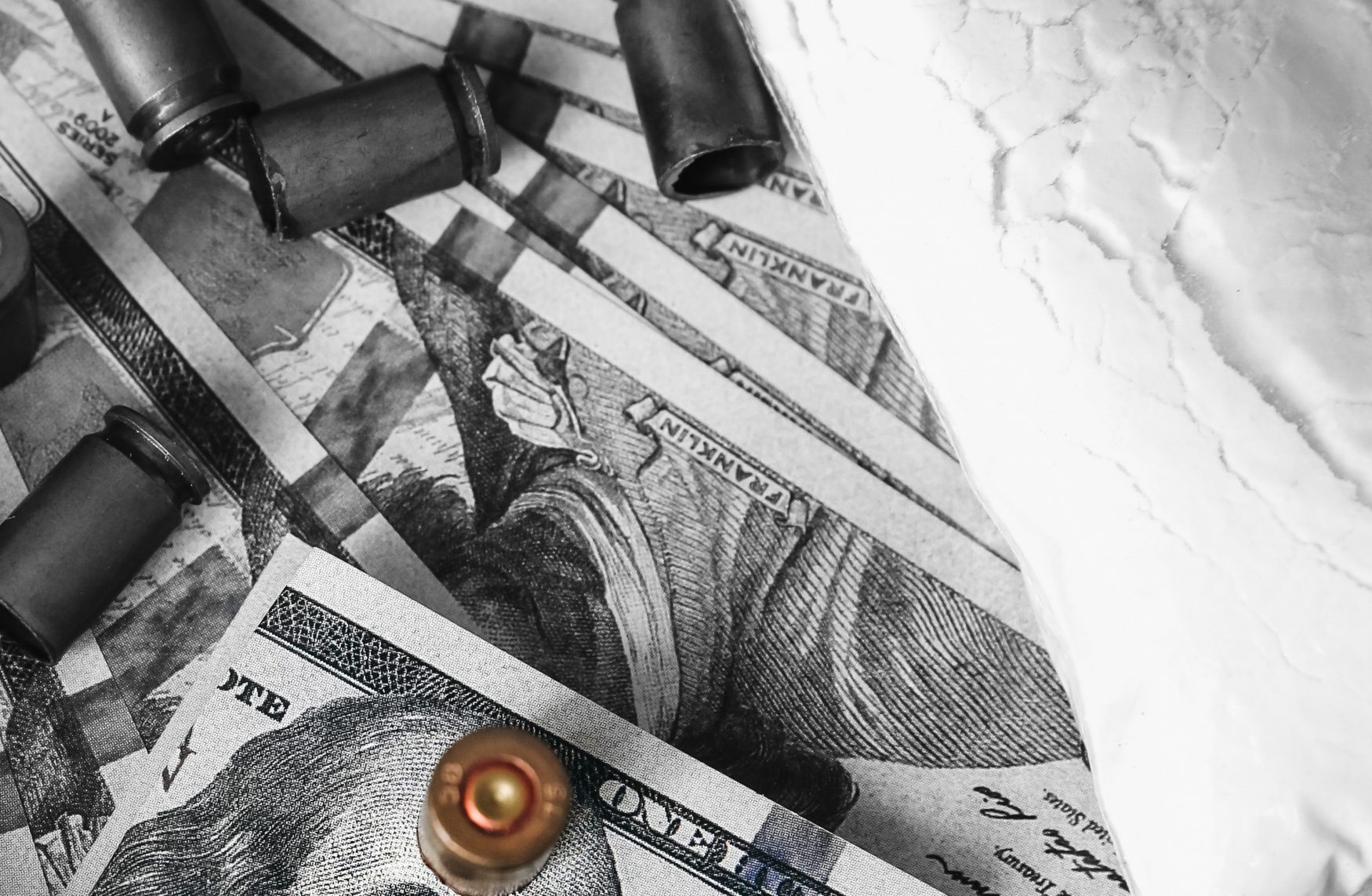
War on Drugs Budget
The War on Drugs Budget Doesn’t Factor in Social Costs for America.
The war on drugs budget shrunk during the George H. W. Bush Administration.
This was due to sleight of hand in bookkeeping.
Jail costs were taken out of the equation as well as the budgets of indirectly related institutions such as the Department of Agriculture and Transportation.
This was done to make it appear that the percentage spent on drug treatment was growing but in reality it was a lie.
A study by the RAND Drug Policy Research Center in the early 90s found drug treatment and rehabilitation to be 10 times more cost effective than repressive measures such as seeking to reduce cultivation of cocaine.
That study also study found that each dollar spent in treatment saves the equivalent of $7 in social costs and that law enforcement is 15 times more expensive as treatment.
But illegal drugs are big business.
The illegal drug business is a $400 billion industry equivalent to 8% of world commerce according to the UN.
A good share of that money has been used historically by the CIA, running drugs in order to fund covert operations in Laos, Nicaragua and Afghanistan, to name a few locations.
Drug Profiteers
Legal though unethical industries also prosper from these policies.
The war on drugs budget is good business for weapons manufacturers.
The U.S. bought Colombia some $452 million in Blackhawk helicopters alone as part of Plan Colombia that President Clinton initiated in 2000 at the end of his presidency.
The drug war is also good for the prison industry with roughly 25% of the 2 million inmates in the U.S. in jail on drug related charges.
Drug testing is also a boom industry that has blossomed in recent years with the U.S. spending $1 billion to invade the privacy of 20 million workers each year.
Needless to say the legal drug companies pushing pharmaceuticals, tobacco and alcohol are also making a profit from keeping other drugs stigmatized and illegal.
Breeding Corruption
The war on drugs budget has also increased the payroll for many law enforcement officers.
In 1998 the General Accounting Office of the U.S. Congress cited various studies linking illegal drugs to corruption and theft among police.
Between 1993 and 1997 half of all cops convicted in FBI corruption investigations went down on drug related charges.
Too High a Cost
The war on drugs budget is around $40 billion annually between both state and federal spending totals.
But these costs do not factor in the loss of productivity of so many Americans in jail and stigmatized after jail.
The budget does not take into account the cost of broken families or creation of violent criminals out of initially non-violent offenders.
Nor is much factored in regarding the cost of lessening freedom within society by allowing for unconstitutional drug testing.
New drug policies compatible with a democratic and free society are needed to put an end to these policies that are promoting violence in the U.S.
Will President Obama have the backbone to stand up to the powerful interests making money off of this assault on working people and the poor?

 My First Amazing Ayahuasca Experience
My First Amazing Ayahuasca Experience  Pine Needle Tea
Pine Needle Tea  The REAL Controllers of Humanity: The Papal Bloodlines
The REAL Controllers of Humanity: The Papal Bloodlines  Is it Global Warming or Cooling?
Is it Global Warming or Cooling?  Gun Rights and Obama Examined
Gun Rights and Obama Examined